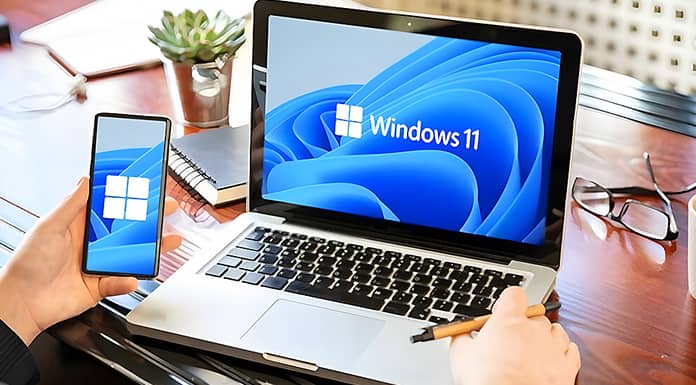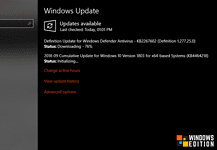Most computer users use Microsoft Windows because it’s the easiest-to-use operating system around. Every new version gets bigger and better, giving users a more powerful system. But there’s been some speculation about the future of Windows and whether it’s app-based.
The purpose of this post is to examine the potential for Windows 11 to be an app-based platform, as well as the pros and cons. We’ll analyze the impact of an app-based Windows 11 on the current Windows market.
Our post will also take a look at what the new platform might offer users and what implications it might have. By the end, you should know whether Windows 11 will be app-based and what that might mean.
Microsoft’s Plans for Windows 11
One thing is certain: Microsoft plans to make Windows 11 app-based. There has been much speculation about how the new system will look, but there is one thing that is clear: Microsoft plans to make Windows 11 app-based.

By using the Windows Store instead of a traditional desktop interface, users will be able to access their apps. In addition to giving users more flexibility, many new features and capabilities could also be introduced.
Windows 11 Features
One of the most impressive features of Windows 11 is its App-Based interface. It’s Microsoft’s newest operating system, and it has a lot of new features. The Apps in Windows 11 make it easier for users to find information and tools.
Windows 11 also comes with improved security, cloud-based updates, and improved compatibility with other devices. If you’re looking for an up-to-date, secure operating system, Windows 11 is a great choice.
The Need for an App-Based OS
In Windows 11, apps will run instead of desktop programs, which is one of the most talked-about features. Users will be able to access their emails, notes, contacts, and other data from any device that’s connected to the internet with an app-based OS.
It’s designed to make Windows 11 more intuitive and user-friendly, as well as easier to maintain. The need for an app-based OS is clear, and Windows 11 looks ready to fill the gap. App-based OSes are also more secure than desktop-based ones.
Windows 11 App Store
You can download and buy applications for Windows 11 from the Windows 11 App Store. There’s a huge catalog of apps available for download from the Windows 11 App Store, so it’s easy to find and download them. Whether you’re into productivity, entertainment, or gaming, there’s something for everyone in the Windows 11 App Store.
Additionally, the Windows 11 App Store offers added security measures that ensure apps are trustworthy and safe before being added. Users can download apps with confidence from the Windows 11 App Store.
Benefits of having an App-Based OS
Windows 11 is an app-based OS, which means all of the features and applications are available through apps.
Final Words
In conclusion, Windows 11 is not a complete app-based operating system. But it has lots of features that make it easy to use, like the Start Menu, Cortana, and running multiple apps at once.
In addition, Microsoft introduced tools like the Windows Sandbox and the Windows Package Manager to make the transition to Windows 11 smoother. It’s not completely app-based, but it’s a good step.




